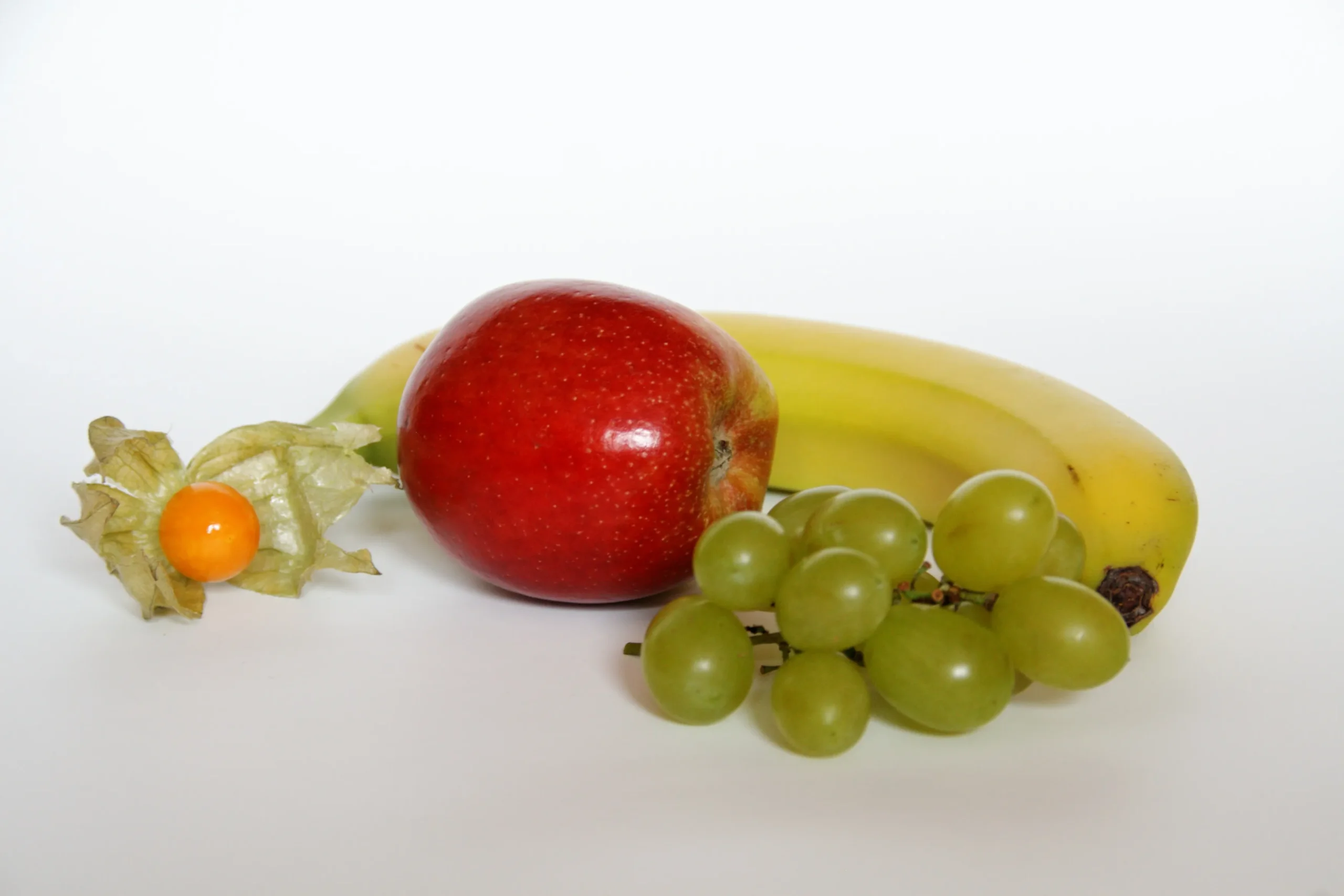The Mystery of “If Banana is Apple Apple is Grapes” Unraveled: Understanding the Enigmatic Statement
Have you ever heard the statement “if banana is apple apple is grapes” and found yourself puzzled by its meaning? This seemingly nonsensical statement has sparked confusion and curiosity among individuals looking to learn more about bananas.

In this article, we’ll delve into the obscure statement, breaking down and analyzing its possible interpretations and theories. Whether you’re a devout banana enthusiast or simply curious about this enigmatic statement, this article will inform you about all things related to “if banana is apple apple is grapes.” So keep reading to unravel the mystery.
What does the statement “If a banana is an apple, then an apple is a grape” mean?
The statement “if banana is apple apple is grapes” may seem nonsensical at first glance, but it actually holds a deeper meaning when analyzed closely.

At its core, this statement is a logical fallacy known as the transitive property. It states that if A equals B and B equals C, then A must equal C. In this case, the equation would read as follows:
Banana = Apple
Apple = Grapes
Therefore: Banana = Grapes
However, we know that this is not true in reality. Bananas are distinct from apples and grapes in terms of their physical characteristics and nutritional value.
So what can we learn from this statement? One interpretation could be that language itself can be misleading and not always reflect reality accurately. We must be cautious when interpreting information presented to us and not take things at face value.
Furthermore, it highlights the importance of critical thinking skills in everyday life. By analyzing statements like these with a discerning eye, we can avoid falling prey to false beliefs or misinformation.
In conclusion, while the statement “if banana is apple apple is grapes” may seem perplexing at first glance, it serves as a reminder of the power of language and critical thinking skills in our daily lives.
A breakdown and analysis of the statement.
The statement “if banana is apple apple is grapes” may seem confusing at first glance, but upon closer analysis, it reveals a fascinating concept about the nature of language and meaning.
At its core, this statement plays with the idea of equivalency. It suggests that if we were to substitute one object for another in a particular context, the resulting meaning would remain intact. In other words, what matters is not the specific object itself but rather its underlying significance within a given scenario.
However, this notion raises some interesting questions about how we assign meaning to things in the first place. What determines which objects are interchangeable and which are not? How do we decide which meanings are essential and which can be swapped out?

Moreover, this statement challenges us to think beyond traditional ways of categorizing things. If bananas can be apples and apples can be grapes, then perhaps there are larger patterns or connections between seemingly disparate objects that we have yet to uncover.
Ultimately, while this statement may not provide any concrete answers or insights into bananas themselves, it does spark an intriguing thought experiment about language and meaning that could be explored further.
Potential interpretations and theories surround the statement.
The statement “if banana is apple apple is grapes” may seem like a nonsensical string of words at first glance, but upon further examination, it could be interpreted in several ways. One potential interpretation is that the statement represents a non-linear and unpredictable relationship between fruit.
In this interpretation, the statement suggests that there are no clear rules or patterns governing the connections between different fruits. Instead, the relationships between fruits are fluid and constantly changing. This theory could have implications for those studying agriculture or botany, as it challenges traditional ideas about how plants and fruits interact with one another.
Another possible interpretation of the statement is that it represents a metaphor for how language can be ambiguous and open to multiple interpretations. Just as “banana,” “apple,” and “grapes” can refer to different things depending on context, so too can words in language have multiple meanings or connotations.
This theory could be relevant for linguists or writers looking to explore the nuances of language and communication. It also raises questions about how we interpret information in our daily lives–do we always assume there is only one correct meaning for everything we hear or read?

« what tastes like banana
Exploring the Fascinating Parts of a Banana Tree »
Overall, while the statement “if banana is apple apple is grapes” may seem perplexing at first glance, it has potential implications for various fields of study. Whether exploring non-linear relationships among fruit or delving into the complexities of language and meaning-making, there’s much to be learned from this seemingly nonsensical phrase.
Check out our other articles to find out even more about banana.
In conclusion, the statement “if banana is apple apple is grapes” can be seen as a metaphor to consider how different elements of our lives may relate and influence one another. It serves as an important reminder that we are all interconnected in some way-shape or form and should think twice before making assumptions about situations based on limited information. If you’re looking to learn more about bananas, make sure to check out our other articles!













